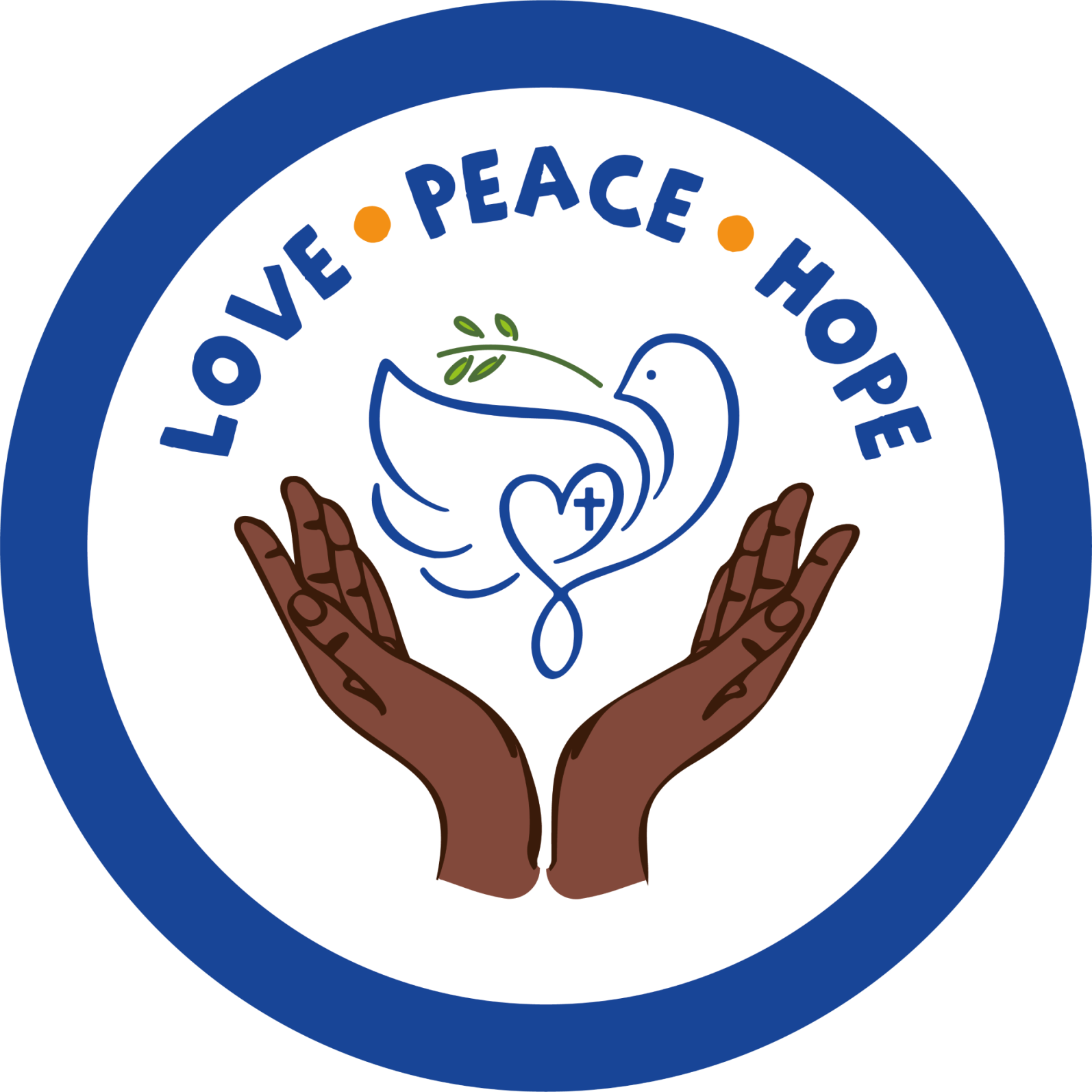Our Learning
Early Years Foundation Stage
Intent
At St Mary’s, our Early Years Foundation Stage curriculum is rooted in our theological vision:
“At the heart of our community, we serve to embrace lifelong learning through our Christian foundations. We step forward with love in our hearts, peace in our actions, and hope in our aspirations, enabling all to flourish — in our diversity of faith and belief, in our ambitions, and in our unique selves.”
This vision inspires our curriculum intent:
“St Mary's curriculum is built upon content that reflects our community's identity, culture and heritage, promoting inclusivity and empowering our children to tell their own stories. We are dedicated to preparing children for the future by fostering a foundation of Christian values, ensuring they step forward with love in their hearts, peace in their actions and hope in their aspirations, embracing the journey of lifelong learning.”
In EYFS, we believe every child is a unique individual with their own story to tell. We:
- Value children’s prior experiences at home, in other settings, and in the local community.
- Work in close partnership with parents and carers to provide the best possible start.
- Provide a curriculum that is ambitious, inclusive, and reflective of our children’s identities, heritage and culture.
The seven areas of learning in the EYFS are:
Prime Areas:
- Personal, Social and Emotional Development
- Communication and Language
- Physical Development
Specific Areas:
- Literacy
- Mathematics
- Understanding the World
- Expressive Arts and Design
Each half term, we plan around carefully chosen themes that reflect our children, community and heritage, while allowing scope for individual interests to shine. Our environments and adult interactions promote curiosity, exploration and sustained thinking, always underpinned by our Step Forward values of love, peace and hope.
Implementation
Themes and Curriculum Design
Each half term introduces a theme that sparks curiosity and creativity, while ensuring coverage of all seven areas of learning. These themes are rooted in St Mary’s whole-school drivers of identity, culture and heritage, building strong curriculum links from EYFS to KS2.
Teaching and Play
Learning is a balance of adult-directed teaching and child-initiated exploration. Children enjoy extended periods of play, where adults skillfully extend thinking, ask questions, and provide feedback. The daily timetable adapts across the year to meet children’s growing needs.
Literacy
Our bespoke approach is built around high-quality children’s texts that reflect the richness of our community and heritage. Through story, rhyme and song, children develop vocabulary, imagination and a lifelong love of reading.
Phonics
We follow Essential Letters and Sounds (ELS) to deliver consistent, systematic phonics teaching. Nursery children develop strong listening and sound awareness foundations, while Reception children progress through the ELS sequence of phonemes and graphemes, building secure skills in reading and writing.
Mathematics
We follow White Rose to develop strong early mathematical understanding. In Nursery, children explore number through rhymes, songs, stories and play, focusing on counting principles such as one-to-one correspondence and cardinality. In Reception, learning builds through practical games, concrete resources and pictorial representations, before being applied in real-life contexts.
Language Development
We use WellComm to assess and support children’s speech and language. Targeted intervention, combined with vocabulary-rich environments, ensures every child’s communication skills are nurtured.
Wider Curriculum
Through Understanding the World and Expressive Arts and Design, we plan exciting, purposeful activities that encourage exploration, creativity and cultural awareness. Vocabulary is explicitly modelled and displayed across provision, enabling children to articulate their learning and grow in confidence.
Environment
Indoor and outdoor provision is equally valued. Both spaces are carefully planned to be inclusive, stimulating and challenging, enabling children to flourish academically, socially and spiritually.
Impact
Baseline and Early Assessment
Relationships with families and other settings help us understand each child’s story before they join us. In Reception, we complete the statutory Reception Baseline Assessment (RBA) alongside WellComm screening, and in both Nursery and Reception, we build a picture of the whole child through observation and dialogue.
Ongoing Observation and Assessment
Practitioners continuously observe children, using this to shape provision and next steps. Phonics Tracker is used every six weeks to monitor ELS progress and to provide targeted support where needed.
Assessment Points
Assessments are completed termly across all areas of learning, ensuring children remain on track. At the end of Reception, teachers complete the Early Years Foundation Stage Profile (EYFSP), making judgements against the Early Learning Goals.
Transition to Year 1
By the end of Reception, all children are expected to make at least good progress from their starting points. They leave EYFS with the knowledge, skills and confidence to thrive as readers, writers, mathematicians, scientists, historians, artists and geographers.
Christian Distinctiveness
Our impact goes beyond academic outcomes. Through the daily lived experience of love, peace and hope, children grow spiritually, morally and socially. They learn to value themselves and others, embrace diversity, and step forward into Year 1 ready to flourish in their uniqueness and community.

